How to Keep Your Pets Safe from Holiday Hazards
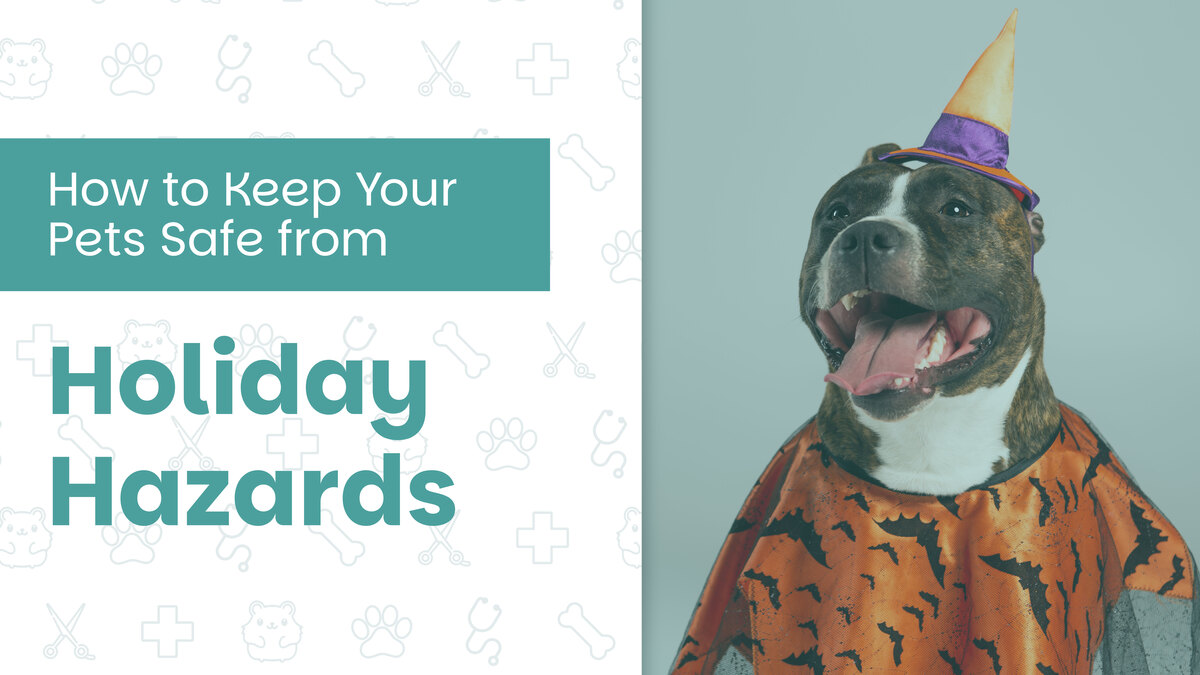
Twinkling lights, festive feasts, and cheerful gatherings make the holidays special, but they can also bring unexpected dangers for your pets. Food left on counters, poinsettias around the house, or guests slipping treats under the dinner table may seem harmless at first, yet they can cause serious health problems for dogs and cats.
A single piece of chocolate, a bite of garlic-seasoned stuffing, or a curious paw batting at tinsel can send you rushing to the vet. The last thing you want is for a celebration to end with a trip to the emergency clinic.
That is why you need to know the most common holiday hazards and how to prevent them. In this guide, we explain why the holidays pose higher risks for pets, which foods, plants, and decorations to keep out of reach, and how to protect your furry family members during the festivities.
You will also learn when it is time to call your veterinarian and how Lebanon Small Animal Clinic can provide the care and guidance you need all season long.
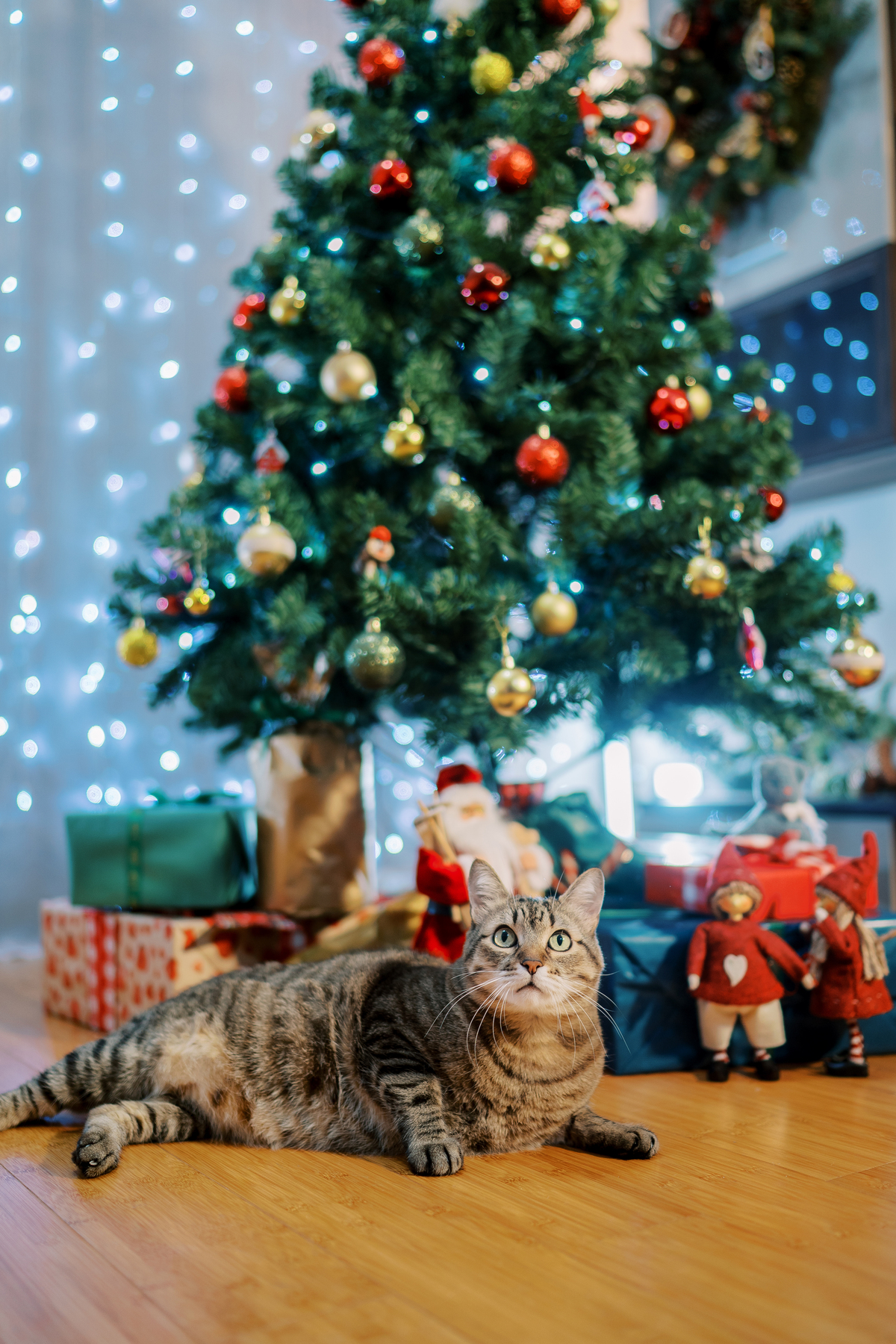
Why the Holidays Bring Higher Risk for Pet Poisoning
The holidays often bring changes to your household that create opportunities for accidents. Between parties, travel, and decorations, pets are exposed to new temptations they might not usually encounter.
Increased Exposure to Harmful Items
When friends and family gather, food is often left on counters or dropped during meals. Decorations, candles, and wrapping materials add to the list of potential hazards. Even travel bags or guest belongings may contain medications or snacks that are unsafe for pets.
Pets Get Curious During the Chaos
Holiday gatherings introduce new scents, noises, and people. Overstimulation can cause pets to act out of boredom, stress, or curiosity. Pets are more likely to chew on unfamiliar items or explore off-limits areas, especially when routines shift and no one supervises them for long periods.
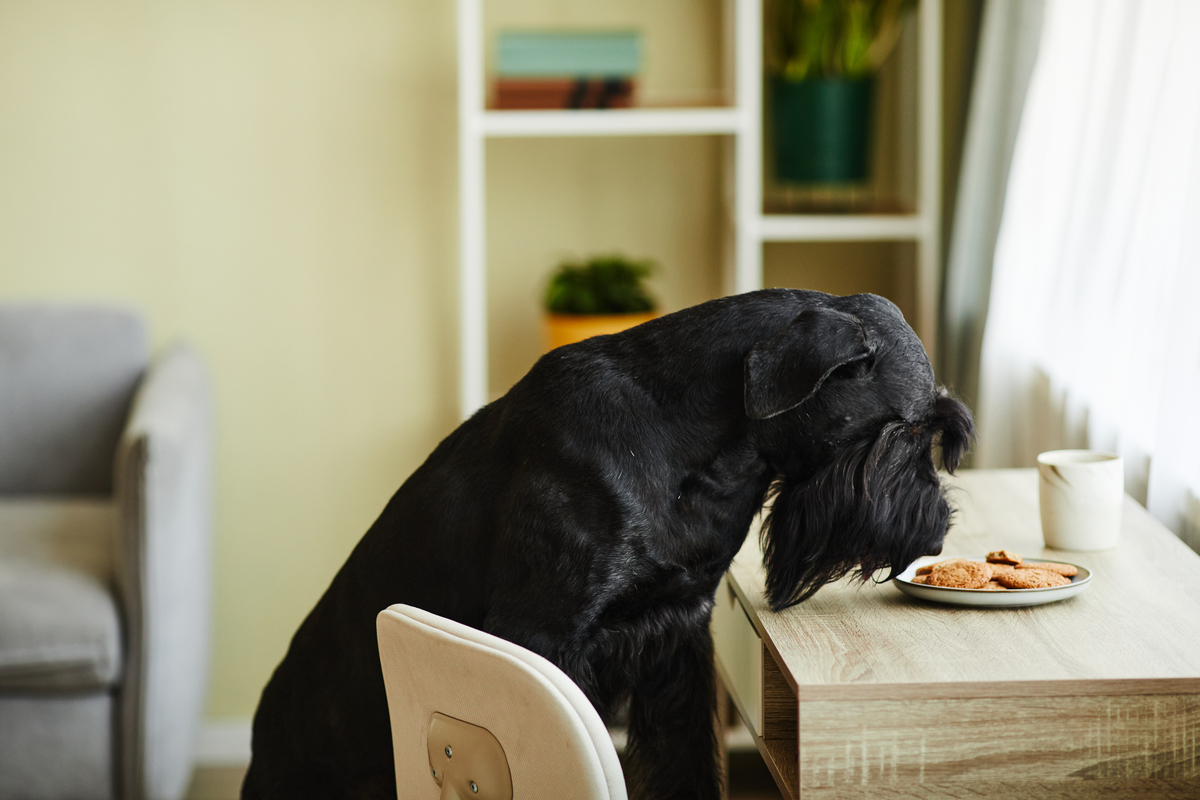
Common Holiday Hazards to Keep Away from Pets
Knowing what to watch for makes prevention easier. Some of the most common holiday traditions can pose serious risks if pets get too close.
Foods That Are Toxic or Dangerous
- Chocolate, xylitol (found in sugar-free items), and alcohol
- Fatty table scraps, bones, onions, garlic, grapes, and raisins
- Unbaked dough or foods made with rich spices and butter
Hazardous Plants and Decorations
- Poinsettias, mistletoe, holly, and lilies
- Tinsel, ribbons, batteries, and string lights
- Potpourri, candles, and diffused essential oils
Human Medications and Gift Items
- Cold and flu medications left in purses or guest rooms
- Edible gifts such as chocolate or trail mix placed under the tree
- Cleaning supplies used before or after holiday parties
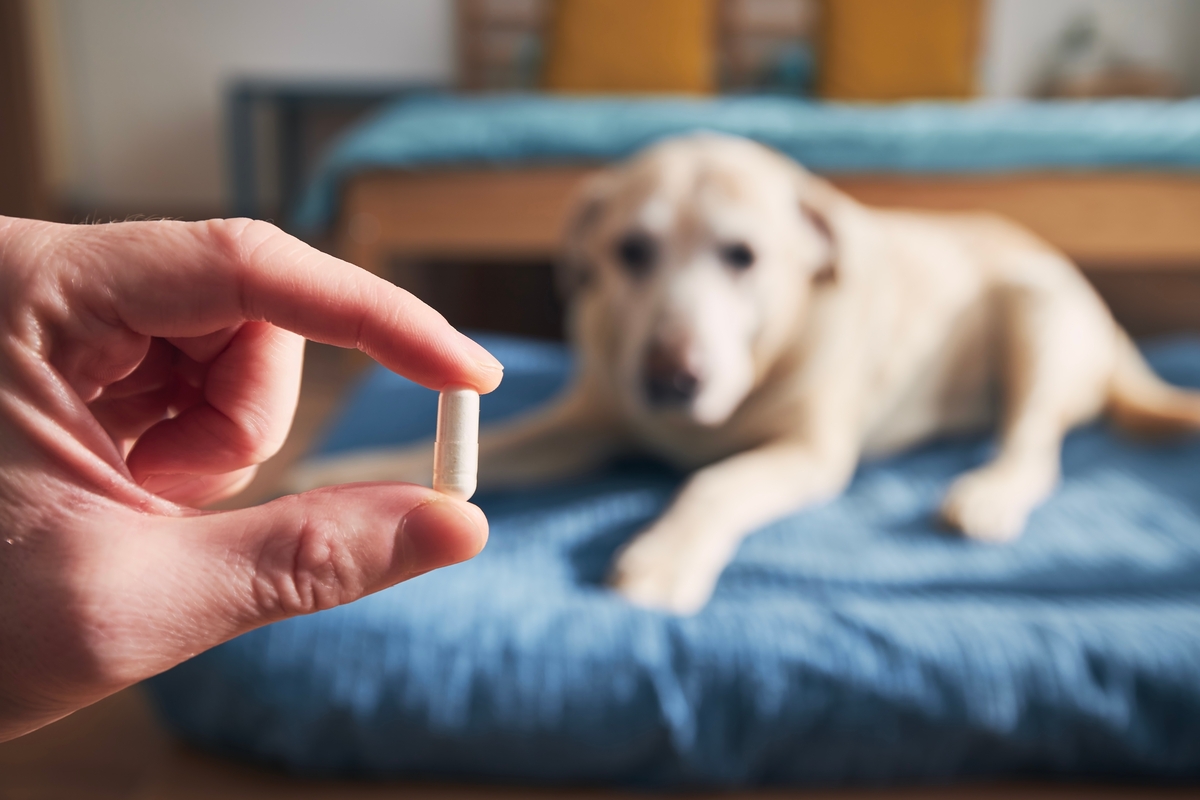
How to Protect Your Pet During Festivities
A few preventive steps can make the season safer for pets. Simple adjustments to your home and habits help reduce risk while allowing you to enjoy the holidays together.
Set Up a Safe Space
Give your pet a quiet room with their bed, water, and favorite toys. Keep them away from food preparation and serving areas, and limit access to rooms filled with decorations or wrapped gifts.
Supervise or Secure During Gatherings
During meals and parties, keep an eye out for dropped food, open bags, or guests offering treats. Politely remind visitors not to feed your pet. If you dress your pet for the occasion, choose accessories that do not restrict breathing or movement.
Be Prepared for Emergencies
Keep Lebanon Small Animal Clinic’s phone number and the Pet Poison Helpline close at hand. Watch for signs of poisoning, including vomiting, drooling, shaking, or unusual lethargy. Quick action matters, and early intervention can make a difference.
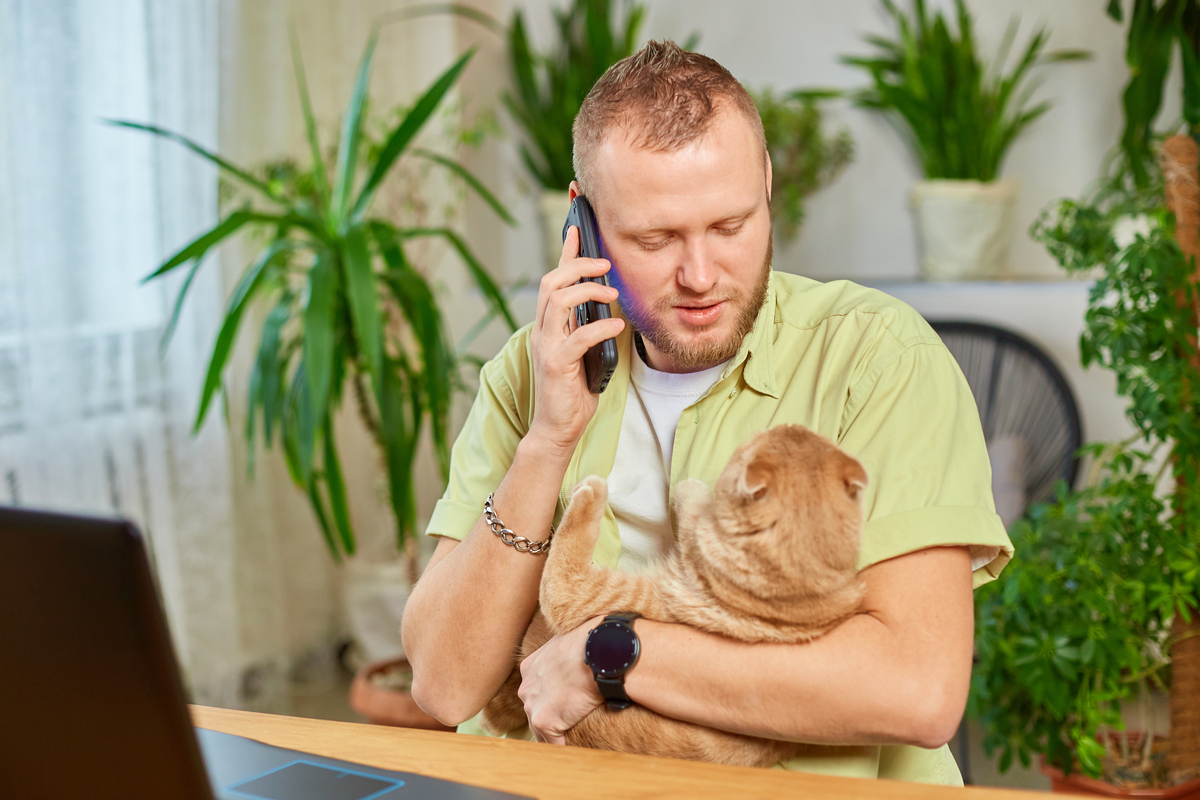
When to Call Your Vet (Even If You’re Unsure)
Sometimes you may struggle to decide if a situation requires a veterinary visit. When in doubt, a quick call can provide peace of mind and prevent serious complications.
It’s Always Better to Ask
If your pet eats something questionable, call your veterinarian before symptoms appear. Quick action reduces risks and may even prevent an emergency. Lebanon Small Animal Clinic offers in-house diagnostics and urgent care coordination to help in these situations.
Know Your Support Options
PAWS Plan members receive ongoing support that extends beyond regular exams. Each visit includes preventive care that helps catch changes early and keeps your companion comfortable throughout the year.
When mild symptoms appear, such as changes in appetite, energy, or behavior, our Care Companions provide gentle, precise assessments to guide your next steps.
For urgent concerns, after-hours guidance and emergency contact information are always available on our website. This resource helps you understand when to schedule a visit and when your pet may need immediate attention.
Keep the Holidays Happy and Healthy with Lebanon Small Animal Clinic
Holidays are meant to be joyful for everyone, including your pets. With preparation and awareness, you can enjoy the season while keeping your pets safe from common hazards.
Lebanon Small Animal Clinic provides expert guidance, preventive care, and compassionate help when something goes wrong.
Have questions or think your pet may have gotten into something? Contact us today. We help keep your pets safe and your holidays happy.


